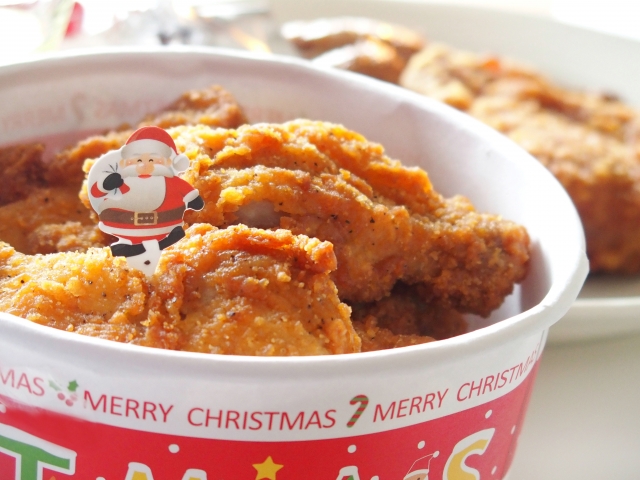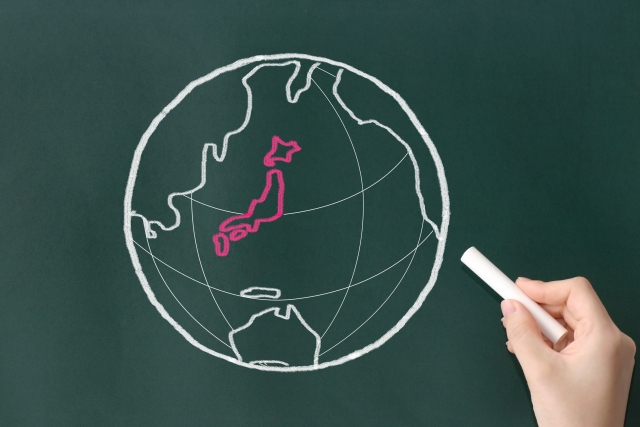The holiday season is celebrated across the globe with unique customs and traditions. In the Western countries, Christmas is a major holiday, while in Japan, the New Year (Shōgatsu) holds significant importance. This article explores the differences between these holiday seasons, focusing on their cultural aspects and implications for international businesses.
In the West, the Christmas day is a federal holiday in many countries, including the United States, Canada, and nations across Europe. The season is marked by decorating homes with lights and Christmas trees, exchanging gifts, and sharing elaborate meals. The religious aspect involves attending church services to commemorate the birth of Jesus Christ. Christmas is also a time for charity and goodwill, with numerous organizations mobilizing resources to help the less fortunate.
Japanese Christmas
On the other hand, Christmas is not a national holiday, and most businesses remain open in Japan. A unique tradition is enjoying a Christmas cake (typically a sponge cake decorated with whipped cream and strawberries) and fried chicken, popularized by a successful marketing campaign by KFC in the 1970s. Christmas in Japan is often seen as a time for romantic dates rather than family gatherings.
New Year in Japan
While Christmas is a blend of religious significance, family gatherings, and festive celebrations in the West, New Year (January 1st-3rd) is the most important holiday in Japan. Unlike the Western Christmas, it is not about pomp and splendor but focuses on traditions and family. The celebration starts on December 31st with “Ōmisoka,” where families gather for a traditional meal, “Toshikoshi Soba”. New Year’s Day is usually spent visiting temples and shrines, playing traditional games, and enjoying “Osechi-ryori,” special New Year dishes. It’s a non-commercial, family-oriented time, reflecting on the past year and hoping for prosperity in the new one.
Businesses During the Holiday Season
For businesses operating between Western countries and Japan, understanding these cultural differences is crucial. In the West, the period around Christmas often sees reduced business activity, with many companies closing or operating with limited staff. However, in Japan, businesses usually operate as usual during Christmas, with the real downtime occurring during the New Year. International businesses should be mindful of these differences.
The greeting tradition is also different between the two. In Japan, sending New Year greetings (postcards called nengajō) can be a thoughtful gesture, reflecting respect for Japanese customs. Conversely, while operating in the West, acknowledging the Christmas holiday through season’s greetings or corporate gifts aligns with local customs.
The holiday season, whether it’s Christmas in the West or New Year in Japan, reflects deep-rooted cultural values and traditions. Understanding and respecting these differences is not only crucial for individuals but also for businesses operating in these diverse cultural landscapes. The holiday season, in all its forms, remains a time for reflection, celebration, and forging stronger bonds, both personally and professionally.



One thought on “Holiday Season: Western Countries vs Japan”
Comments are closed.